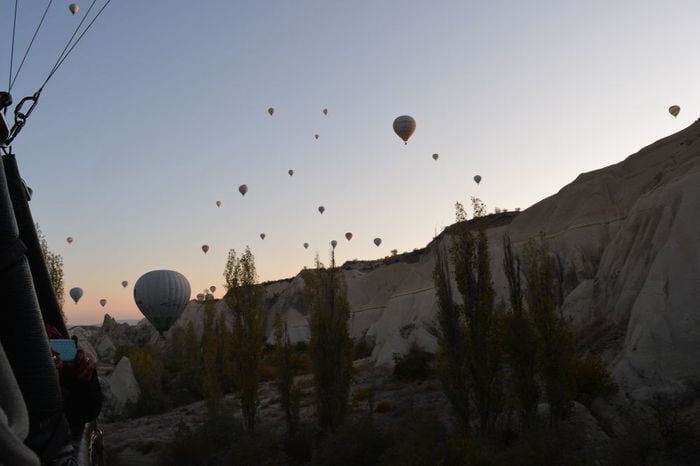Children and old folk – Ivan Cankar (18—?—1919)
Cankar was one of the most promising of the younger group of Slovenian writers. He had established a solid reputation as novelist, dramatist, and writer of short stories. His most significant work was produced late in his life. The volume, Dream Visions, from which Children and Old Folk is selected, appeared in 1917.
This story is here published for the first time in English. The translation is by Helen P. Hlacha.
Children and Old Folk
Each night, before they went to bed, the children used to chat together. Seating themselves on the ledge of the broad oven, they uttered whatever came into their minds. Through the dim window the evening twilight peered into the room with dream-laden eyes. Out of every corner the silent shadows drifted upwards, carrying strange stories with them.
Children and old folk – They spoke of whatever came to their minds, but to their minds came only pleasant stories of sunlight and warmth interwoven with love and hope. The whole future was one long bright holiday; no Lent, between Christmas and Easter tide. Over there, somewhere behind the flowered curtain, all life, blinking and throbbing, silently poured from the light into light. Words were whispered and only half understood. No story had any beginning, nor definite form. No story had an end. At times all four children spoke at once, yet none confused the other. All gazed enthralled into a beauteous heavenly light where each word was clear and true, where each story had a clear and living face, and each tale its glorious finish.
Introspective eyes
The children bore so marked a resemblance to one another that in the dim twilight the face of the youngest, four-year-old Tonchek, could not be distinguished from that of the ten-year-old Loizka, the eldest. All had thin, narrow faces and large, wide-open eyes—introspective eyes.
That evening, something unknown from an unknown place reached with violent hand into that heavenly light and struck pitilessly among the holidays, the stories, and legends. The post had brought tidings that the father “had fallen” on Italian soil. Something unknown, new, strange, entirely incomprehensible rose before them. It stood there, tall and broad, but had neither face, nor eyes, nor mouth. Nowhere did it belong, not to that clamorous life before the church and on the street, nor to that warm twilight around the oven, nor to the stories.





